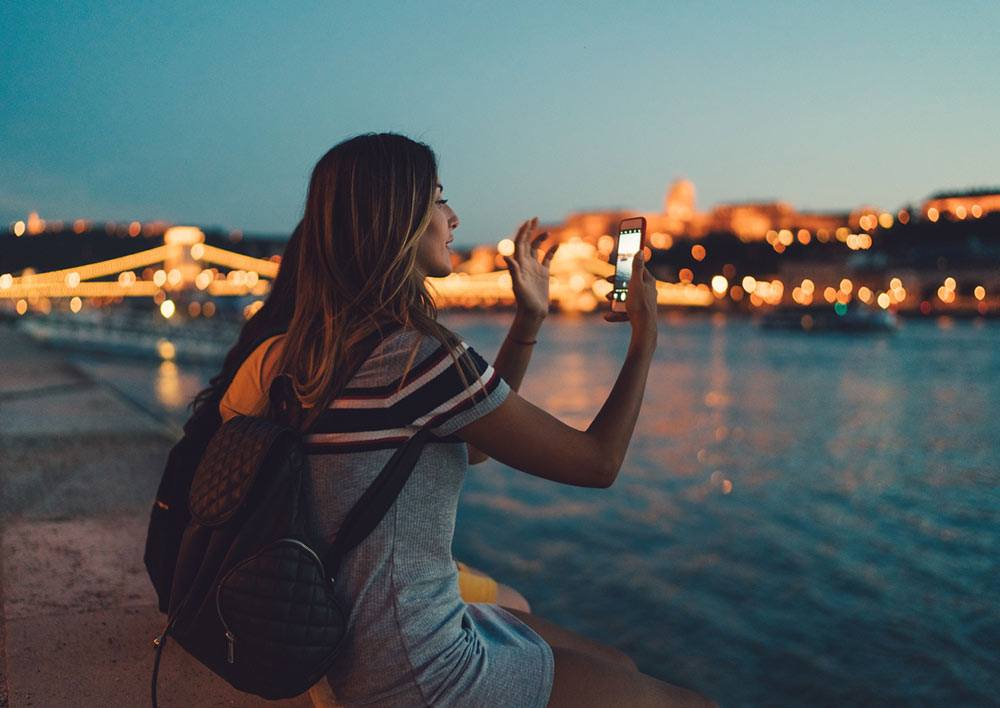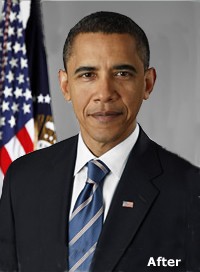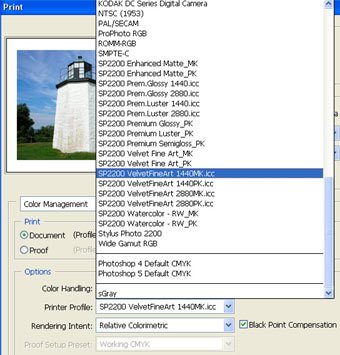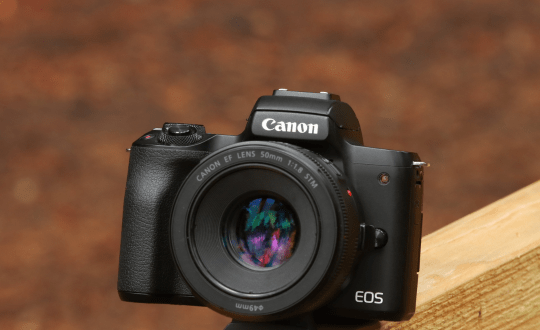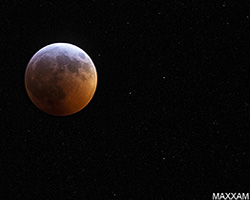We are in the midst of another massive shift in the photo industry with cameras becoming more affordable, and cutting edge features such as built-in Wifi, and clean ISOs up to 25,600. It all reads very well on paper, but none of it will make you a better photographer without the three essential P's. Patience, Practice, and Pre-visualization. While these elusive qualities can't be stocked on a shelf, they can be acquired through training. I challenge you to see past the marketing hype, and use the camera you have right now to create images that you're proud of. The most powerful photography sensor available is not found in the camera, but within yourself. The secret lies within your ability to recognize emotion, and document it with a photo. It doesn't matter if you're using a DSLR, Mirrorless camera, point and shoot, or smartphone. A memorable event transcends technology.
It's difficult to predict when or where a great photo opportunity will arise. Only by heading out with your camera often will your percentage of keepers improve. Perfection is never the goal, but simply doing your best is. Rather than settling for the same tried and true formula, challenge yourself to try new techniques. Free yourself of the notion that professionals don't have bad days or take lousy photos. It's all a necessary part of the artistic process. As the Hall of Fame hockey player Wayne Gretzky said, "You miss 100% of the shots you don't take."
Before reaching any breathtaking vista, you must first climb, sweat, and navigate around thickets. This type of persistence is equally important on the path to good photography. Even the greatest photographers of all time had outings that were less than ideal. Perhaps no finer example than this story from Ansel Adams. He just spent a frustrating day with "several exasperating trials." Yet Adams wasn't discouraged, noting that "defeat comes occasionally to all photographers, as to all politicians, and there is no use moaning about it." He got back in the car, started driving, and soon found a majestic scene that would become one of his most famous works, Moonrise, Hernandez.
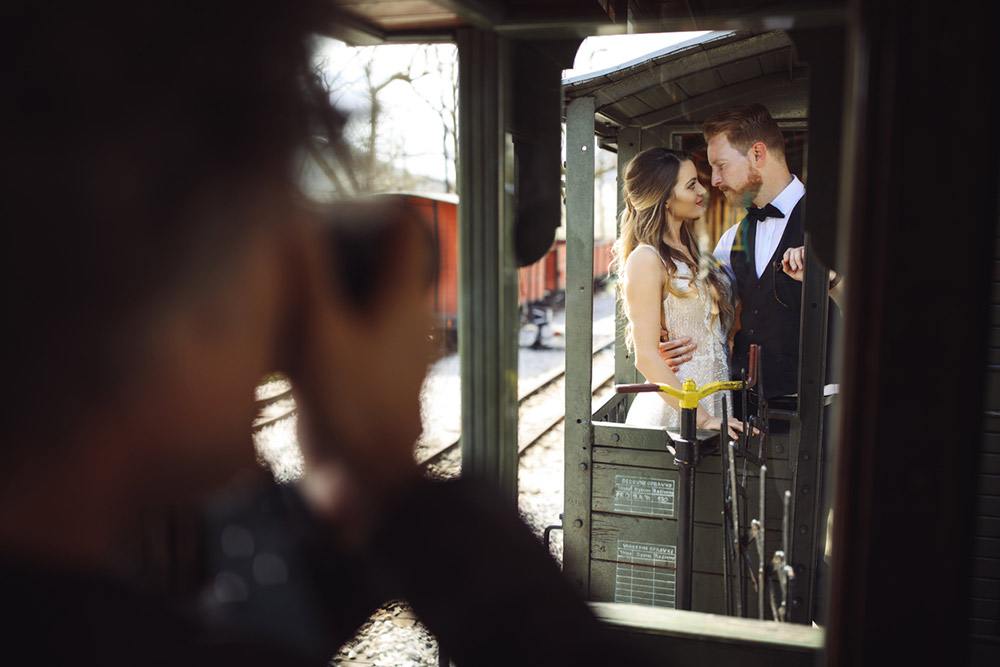
There's no denying that photography is a powerful art form, just as painting, music, and sculpture are. If you look at the history of these disciplines, you'll find another similarity. Those who enjoyed long term success did so not by following current trends, but by paving their own way. This of course is no easy feat, perhaps best expressed by Alfred de Musset who said "How glorious it is - and also how painful - to be an exception". Whether it's your choice of gear, or the subject matter you focus on, throw out the rule book and follow your own heart.
The way you view the world will undoubtedly impact your photography. If you're having trouble changing your vision, simply adjust your approach. Rather than thinking like a photographer, consider yourself a visual detective. This forces one to really study the space around them while paying careful attention to details. Through our inquisitive nature, we can uncover moments and photos that most would pass by. Let curiosity guide your compositions and you will learn to see differently.
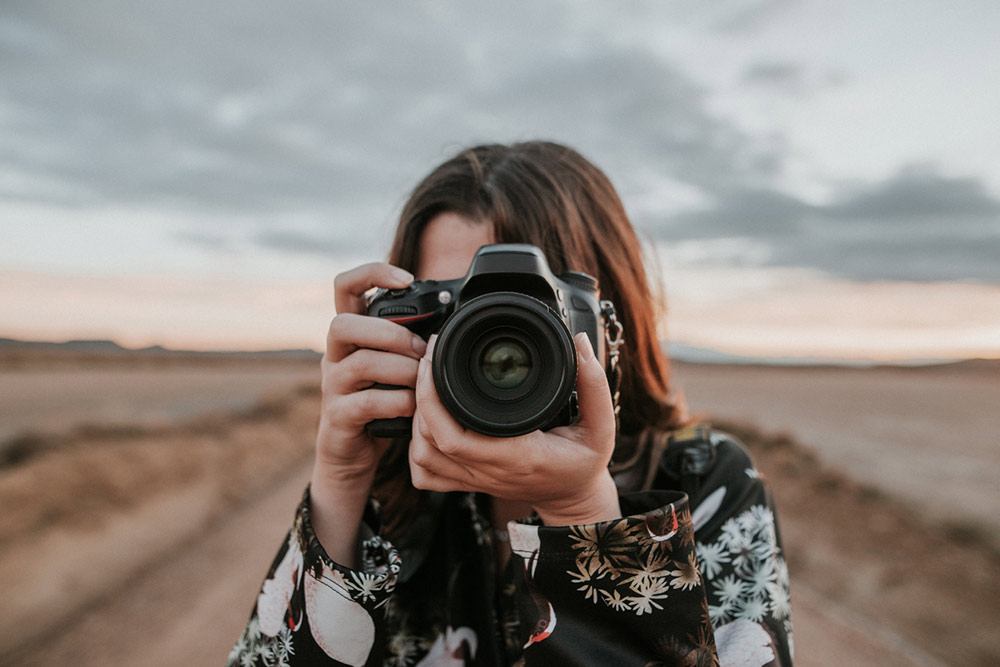
The grandest adventures begin with a simple desire to see something new. Maybe it's an old forgotten Lighthouse, a new part of the city, or a rustic barn on the other side of town. Allow your passion to take you places outside of your comfort zone. For inspiration, check the local library for travel guides on your own state. Cross reference this research with online photo galleries and published reviews. You'll quickly get a feel for what the area holds and a vision of how you'd like to capture it.
Extensive travel is not a prerequisite for creating great photographs. Often there are wonderful and willing subjects right in front of you, or just a short car ride away. Maybe it's your own backyard garden, a flower bed, or a bird feeder. Identifying this "home base" is an important piece of your photography puzzle. It's a no-pressure zone where you can take your time, explore creative techniques, and test new equipment. The ability to work fast is not a required characteristic of a successful photographer. In fact, speed can be a detriment if we're only focused on the finish line. By working more deliberately, one can truly connect with their surroundings. Learning photography is actually not all that different from picking up a musical instrument. With enough repetition, the thought processes and muscle memory needed to control the camera become more natural. Practicing correctly now will help develop good habits for the long term.
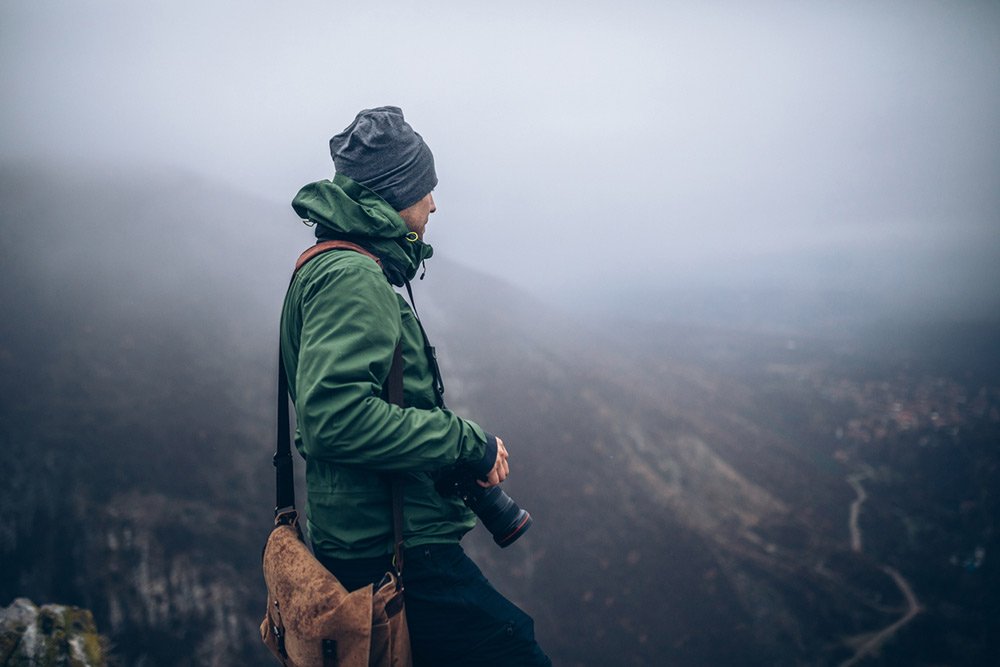
Many photographers shy away from the manual "M" mode on their camera, thinking it's reserved for those with years of experience. The truth is, the automatic settings are typically at the root of most of my client's technical issues. From inconsistent exposures to blurry photographs, these supposed beginner modes are anything but user-friendly. If you're ready to take control of your camera, leave the A, S, P, AV, TV modes behind. Once you realize the unlimited creative control of the manual setting, you'll wonder why you didn't switch sooner.
The ingredients of any spectacular photo are only one part technical. The remaining portion takes a little more digging to uncover. Sure, the shutter speed, aperture and ISO are important. Yet, as any great chef will tell you, recipes are meant to be tinkered with. Today, we have more control over images than ever before. From in-camera settings to the digital darkroom, our pantry overflows with possible options. Rather than settling for the same tried and true formula, keep pushing yourself to learn new methods. Be bold in your experiments, and you just may stumble on a new recipe for success.
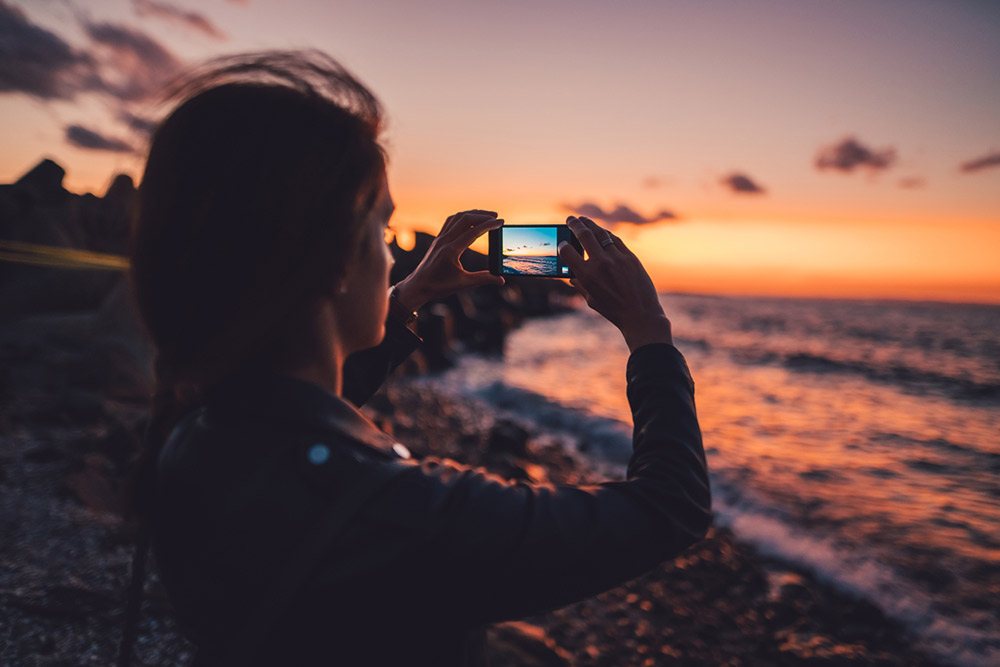
A photographer I recently worked with asked for the best non-technical advice I could offer. The question momentarily took me off guard as it was quite the departure from the common inquiries on histograms, white balance, and aperture. My thoughts quickly shifted to the words of photographer Ernst Haas (1921 - 1986). When I was first starting out, this quote resonated deeply with me, and remains a powerful concept to this day. "There is only you and your camera. The limitations in your photography are in yourself, for what we see is what we are." What Haas was describing is the real test of a photographer's artistic growth. When there is no grand vista or magic light, no double rainbow or brilliant sunset, do you pack away your camera, or look harder to find the photo that everyone else passed by? Whether you're just starting your photography pursuit, or are exploring new creative avenues, you never know what treasures will greet you around the next bend.
I had the wonderful opportunity to speak with large groups of photographers while presenting to various camera clubs in my area. When I mentioned that I no longer have Photoshop on my computer, an audible gasp follows. My goal has always been to document the fleeting moments of life. Of course I still do basic edits like cropping, contrast, and saturation adjustment using Lightroom, but that's where it stops. National Geographic photographer Annie Griffiths writes "Photographs have given us visual proof that the world is grander than we imagined."
"What about HDR?" someone will inevitably ask. I can only tell you from my own travels the ways in which my heart pounds while chasing the magic light of sunset over a mountain range, or witnessing the breathtaking power and grace of an animal catching its prey in the wild. It's experiences like these that allow me to connect with a subject through my lens in a way that no post-production technique could ever recreate. My hope is for you to also experience this same joy through your own camera.
Painters work by continually applying brush strokes until their piece is complete. This additive process is actually quite different from how photographers compose images. Through the lens, we're tasked to remove any unnecessary elements in order to best express our vision. This method of subtraction can seem counterintuitive at first. Yet, as Paulo Coelho said, "Elegance is achieved when all that is superfluous has been discarded and the human being discovers simplicity and concentration: the simpler and more sober the posture, the more beautiful it will be."
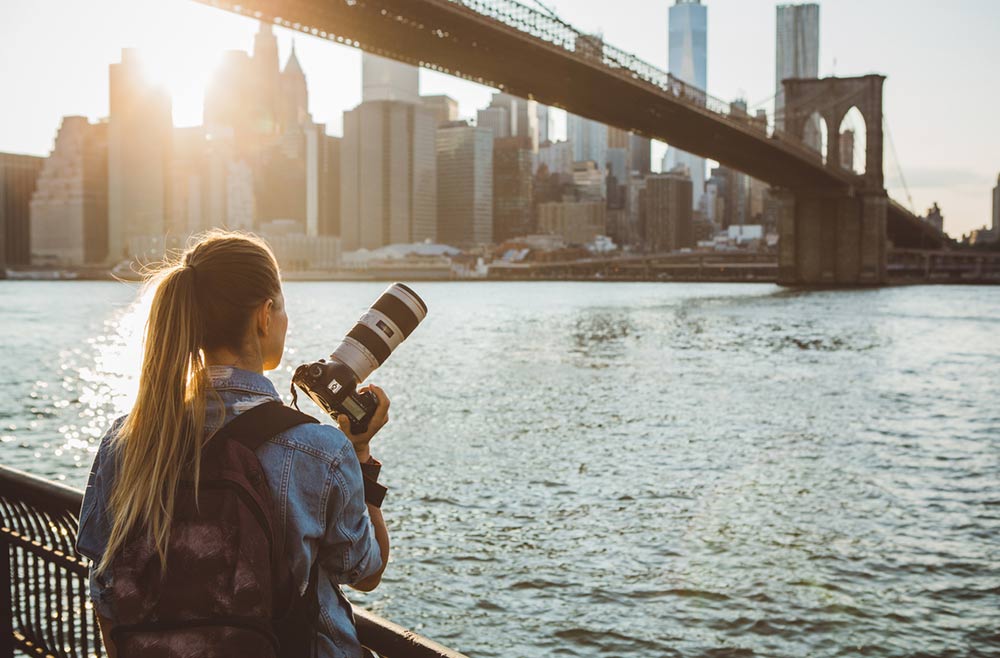
People often ask how I got started in the photography industry. The journey began long before landing my first paid gig. Each weekend I gave myself unofficial assignments, showing up at local sporting events with two cameras dangling from my neck. These uncrowded sidelines were an ideal place to practice, build my skills, and assemble a portfolio. This collection of prints would ultimately be presented to a newspaper editor who decided to hire me. While I was now "official", it was really just a continuation of what I was already doing. This made it easier for the editor to take a chance on me. I believe it's best to create your own opportunities rather than waiting for something to happen. Ultimately, the work you put in now, will be rewarded later.
I spend a lot of time in the garden, preparing the soil for a healthy crop of vegetables and herbs. While rewarding, it's definitely not the type of instant gratification we've all become accustomed to. In fact, most of these plants won't produce anything for at least 30-45 days. Similarly, there are periods like this in my photography career. Behind the scenes I spend a great deal of time researching shooting locations, planning road trips, organizing hard drives, and studying new techniques. This groundwork may not be glamorous, but it's essential to clear the path for the photos yet to be made. When tackling any tall task, it's best to work in small steps, making a little progress each day. I call them micro-movements. Your efforts will be fruitful as you gradually grow into your full artistic potential.
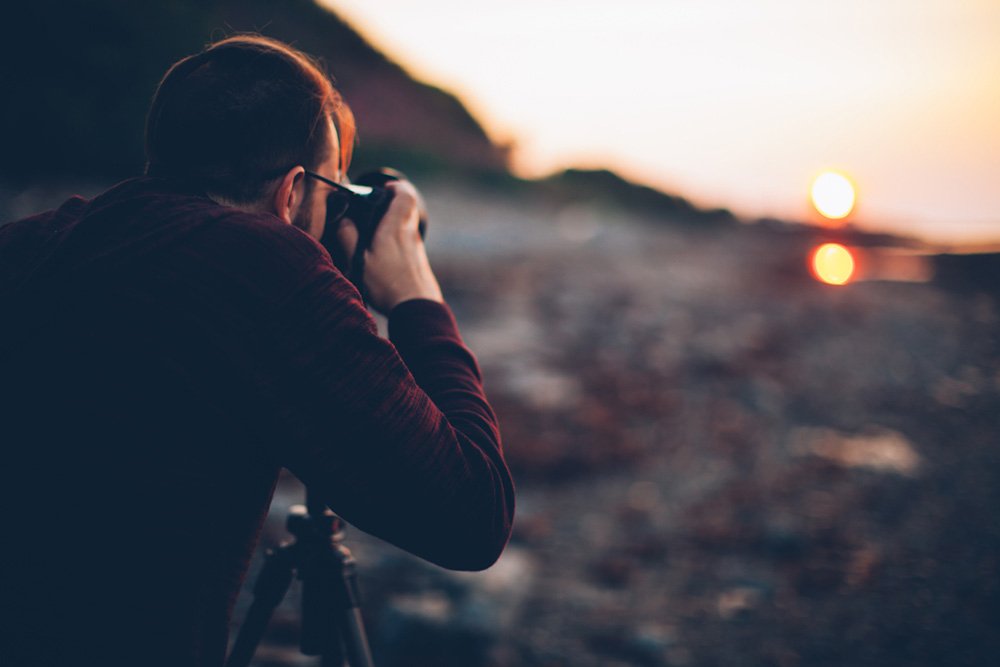
Many of the photographers I work with capture remarkable images that are certainly worthy of the "professional quality" label. Some of these clients have considered changing careers to follow their passion, but are missing one key ingredient to do so. This important element is something you won't read about in a photography magazine, or see on a forum. It's not a fast lens, or a clever camera strap. No, these are all superficial elements that anyone with a credit card can buy. The secret for a successful photography career all boils down to one thing, confidence. If there is a technique that scares you, now is the time to learn it. With the roadblock pushed aside, you can see your goals more clearly and continue the path ahead. To succeed as a professional, one must retain the spirit of an amateur. The literal definition means, "doing something for pleasure, or the love of." Thankfully, we don't need a dictionary to follow our hearts. When you are enthusiastic about what you're shooting, it translates to the viewer. Photography after all, is a universal language we can all relate to.

